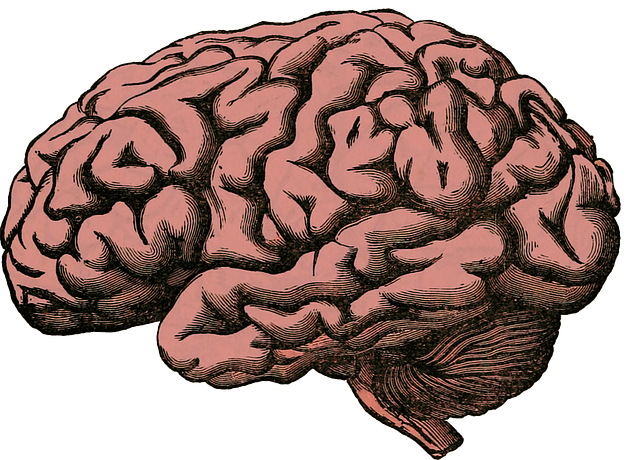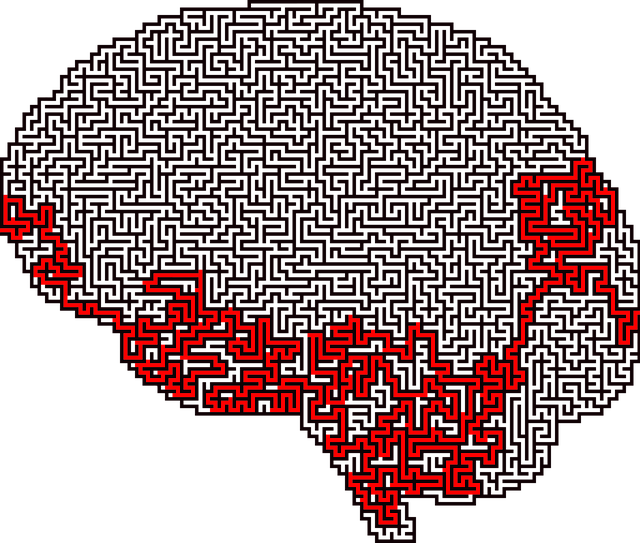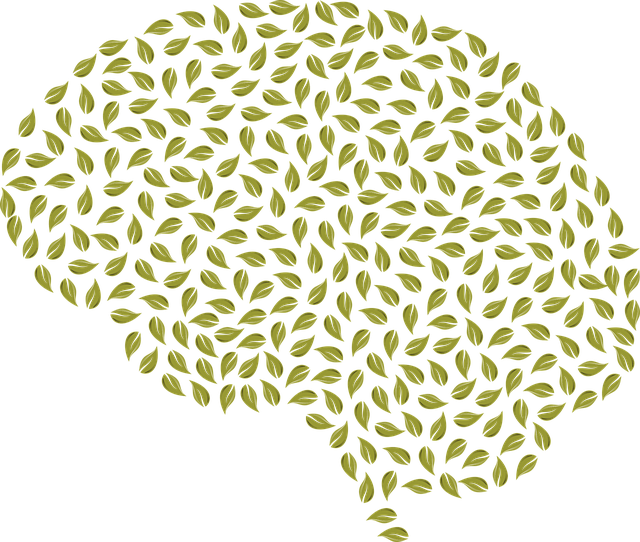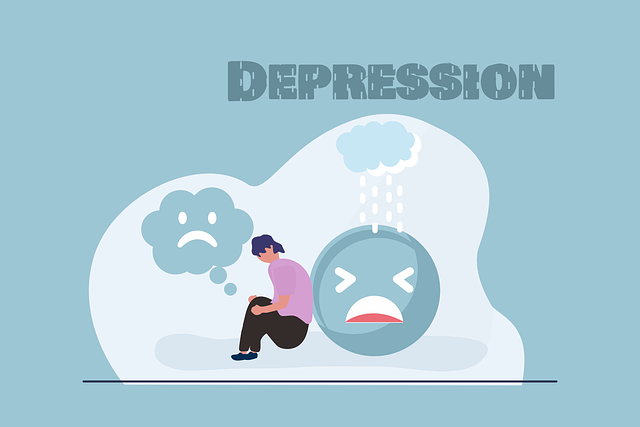Community outreach programs using accessible platforms like Superior EMDR Therapy sessions, Trauma Support Services, and Stress Management Workshops connect underserved individuals with mental health services. Public Awareness Campaigns educate, dispel myths, and encourage participation, building resilient communities where folks feel empowered to face challenges. Integrating Superior EMDR Therapy, an evidence-based trauma and anxiety treatment, into these programs significantly enhances their impact, leading to improved mental health and quality of life. By overcoming barriers like stigma and financial constraints through tailored, culturally sensitive approaches and local partnerships, these initiatives foster unity and overall well-being. Measuring success involves tracking emotional regulation skills, stigma attitudes, and compassion cultivation, with regular follow-ups for long-term outcomes.
Community outreach programs play a vital role in fostering connection and enhancing well-being. This article delves into the multifaceted world of these initiatives, exploring their profound impact on diverse communities. We examine strategies for successful integration of superior EMDR therapy into community settings, offering practical insights for engagement and overcoming challenges. From understanding the core principles to measuring program success through evaluation metrics, this guide equips professionals with tools to maximize outreach effectiveness. Discover how tailored programs can revolutionize community support, particularly when leveraging advanced therapeutic techniques like Superior EMDR Therapy.
- Understanding Community Outreach Programs: Their Role and Impact
- Integrating Superior EMDR Therapy into Community Settings
- Strategies for Effective Community Engagement
- Overcoming Challenges: Common Hurdles and Solutions
- Measuring Success: Evaluation Metrics for Outreach Programs
Understanding Community Outreach Programs: Their Role and Impact

Community outreach programs play a pivotal role in fostering connections and enhancing the well-being of diverse communities. These initiatives aim to bridge gaps between service providers and individuals who may be underserved or facing various challenges, such as trauma or stress. Through accessible platforms like Superior EMDR Therapy sessions, Trauma Support Services, and Stress Management Workshops Organization, these programs offer a safe space for vulnerable populations to seek help and regain control over their lives.
Furthermore, Public Awareness Campaigns Development is another critical aspect of community outreach. By shedding light on important issues, these campaigns educate the public, dispel myths, and encourage proactive participation in mental health support. Such initiatives ultimately contribute to building resilient communities where individuals feel empowered to navigate life’s challenges, fostering a sense of unity and overall well-being.
Integrating Superior EMDR Therapy into Community Settings

Integrating Superior EMDR Therapy into community outreach programs offers a transformative approach to mental health support. This evidence-based therapy, renowned for its effectiveness in treating trauma and anxiety disorders, can be tailored to community settings, making it accessible to a wider population. By incorporating Superior EMDR Therapy, these programs can enhance their impact on promoting mental wellness among diverse groups.
Community outreach initiatives focused on inner strength development and depression prevention can greatly benefit from this therapy’s capabilities. It enables participants to process traumatic experiences, reduce symptoms of distress, and foster resilience. Through structured sessions led by trained facilitators, individuals can explore and resolve past traumas, thereby improving their overall mental health and quality of life. This community-based approach ensures that support is not limited to clinical settings, allowing for more inclusive and impactful interventions.
Strategies for Effective Community Engagement

Community engagement is a cornerstone of successful community outreach programs, and when it comes to mental health initiatives, innovative strategies are key. One powerful tool that can enhance participation and impact is Superior EMDR Therapy (Eye Movement Desensitization and Reprocessing). By integrating this evidence-based practice into community programs, organizers can facilitate profound changes in individuals’ emotional well-being. For instance, self-awareness exercises tailored with EMDR techniques can help participants process traumatic experiences and reduce symptoms of anxiety and depression.
Designing Mental Health Education Programs that incorporate Self-Awareness Exercises and Stress Management techniques empowers individuals to take charge of their mental health. These programs can be life-changing, especially for those facing social barriers or lacking access to traditional therapy. Through interactive workshops, community members can learn practical skills to manage stress, improve resilience, and cultivate a sense of belonging, ultimately fostering a healthier and more connected community.
Overcoming Challenges: Common Hurdles and Solutions

Implementing community outreach programs for mental health services can present unique challenges. One significant hurdle is reaching underserved populations who may face barriers to accessing traditional therapy, such as stigma, lack of transportation, or financial constraints. To overcome these obstacles, tailoring programs to the specific needs and cultural contexts of these communities is crucial. For instance, offering Superior EMDR Therapy (Eye Movement Desensitization and Reprocessing) sessions in community centers or schools can increase accessibility. This approach not only addresses the trauma but also ensures cultural sensitivity through specialized Healthcare Provider Cultural Competency Training.
Another challenge lies in ensuring sustainability. Engaging local volunteers, fostering partnerships with community organizations, and incorporating Self-Care Practices into the program’s design can help maintain momentum. By involving community members as advocates and educators, outreach programs can build trust, promote understanding of mental health issues, and encourage early intervention—all vital steps towards improving overall well-being within diverse communities.
Measuring Success: Evaluation Metrics for Outreach Programs

Measuring success is a crucial aspect of community outreach programs, as it helps to understand the impact and effectiveness of interventions. For mental health initiatives like Superior EMDR Therapy, evaluation metrics should go beyond basic attendance or participation rates. A comprehensive assessment involves tracking improvements in emotional regulation skills, as well as changes in attitudes towards mental illness stigma. By integrating Compassion Cultivation Practices into program design, facilitators can gauge participants’ ability to cultivate empathy and self-compassion, which are key components of resilience.
Additionally, regular follow-up assessments allow for the examination of long-term outcomes related to emotional well-being and community integration. These metrics provide valuable insights not only into the immediate effects of outreach programs but also contribute to Mental Illness Stigma Reduction Efforts by fostering a more supportive and understanding society.
Community outreach programs, enriched by the integration of Superior EMDR Therapy, can significantly enhance mental health support within diverse communities. By employing effective engagement strategies and addressing common challenges, these initiatives measure success through thoughtful evaluation metrics. This holistic approach ensures that outreach programs not only reach but also positively impact individuals, fostering stronger, healthier communities.














